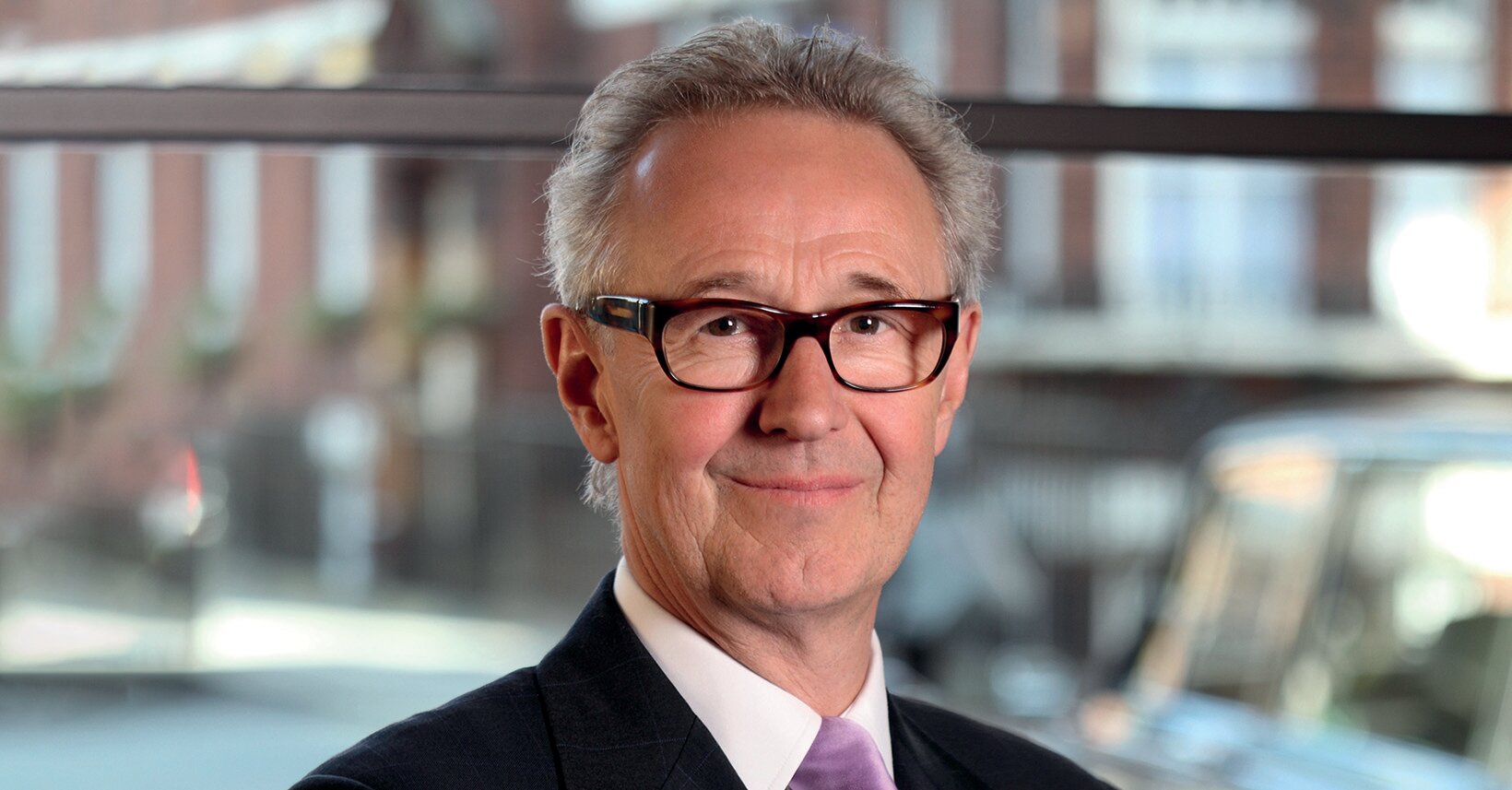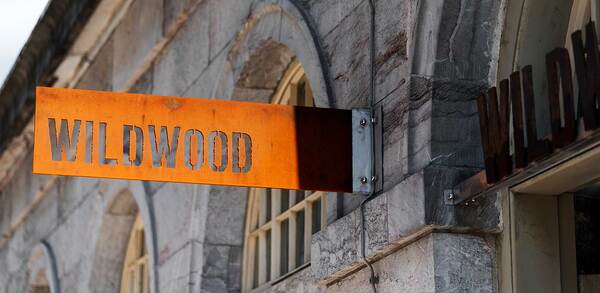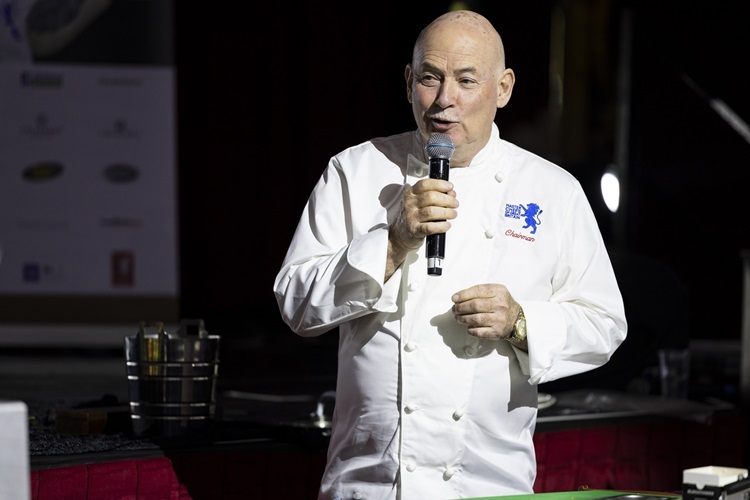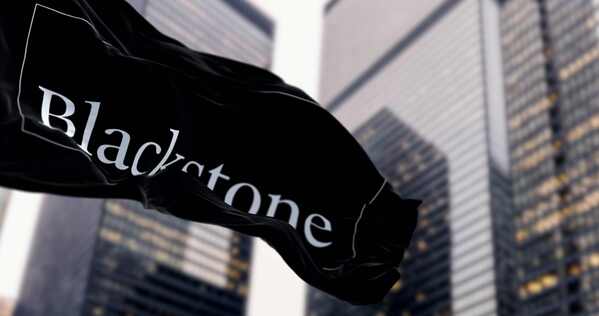This much I know: Chris Corbin looks back at a lifetime in the industry
The Corbin & King restaurateur looks back at a lifetime curating dining experiences, from the European dining of the Wolseley to the rise of the superstar chefs in the Eighties
Our proudest achievement is without a doubt the Wolseley. It was sort of a game-changer and a fantasy to think of doing something that could trade from seven in the morning until midnight on a busy boulevard, copying the European or Parisian idea. We were also heavily influenced by Vienna, because we realised it was rather a lost cuisine. The fact we had the vision and we were able to create it; that we stuck at it and created this institution, which it is now – that is our greatest achievement.
Spot the gap and do your research. In 2003, people went to the Ritz London or Caffè Nero for breakfast. We had a place where they could go to for a sophisticated, honest experience, with a menu that was à la carte. We went to Paris, Milan and Vienna and copied how they served coffee with chocolates and a small glass of water. It was a real cultural mélange.
The world has changed enormously in terms of the restaurant business. In the early 1980s, there wasn’t the plethora of restaurants that there are now, and the skills in the kitchen were also nowhere near what they are today. We were from the generation where none of the big chefs went to catering colleges; they were university graduates who had a passion for food and used imagination to do things differently. Now there is a certain diversity of menus and skills, with more people coming from different countries to be in London.
Your biggest asset, of course, is the staff. It’s a tough job, there’s no doubt about that. Eight-, 10- or 12-hour days are not unusual. The management at Kudu [run by Corbin’s daughter Amy] decided to give people two days off in a row. That applies to the whole team, so everybody’s off together. It’s about building a family ethos and getting loyalty. You can only really get that if you are honest and fair and people believe in you. The trust that you can inspire in people has to be at the forefront of your mind.
“People won’t always remember the food they ate or the drinks they had, but they will remember the experience it gave them”
Remember to appreciate the unseen help in your restaurants. The people who wash-up, the dryers, the suppliers – the people who keep the plates spinning, so to speak. Unseen support can become under-appreciated because they’re taken for granted and it’s important to show respect. Jeremy [King] and I would always recognise people’s birthdays and anniversaries.
Labour shortages have never been as bad as they are now. The circumstances are unprecedented in terms of Brexit and people re-examining their careers after lockdown. Amy has very cleverly become a sponsor for people getting visas coming over from South Africa, given that Kudu has a South African ethos. That is the way forward in some ways.
The charity event Who’s Cooking Dinner? [which sees guests learn who their chefs will be on the night] has continued for 20 years because of the camaraderie between the chefs. Although the chefs know each others’ kitchens and menus, they don’t get the chance to cook elbow to elbow very often. It is a huge buzz for them. We also have a really loyal clientele and here we are, having started in 1998, now in 2022. To be honest, I don’t know how it’s happened. It’s an extraordinary thing that has become part of my life.
Back in the 1980s there was a lot of competition. I don’t think either front of house or chefs saw each other as comrades, whereas now that has certainly changed. For example, I was once at a restaurant where I wasn’t allowed to tell anyone where we got our bread from. These days, there is a huge brotherhood, sisterhood and community in hospitality. This year we are sharing the funds raised from Who’s Cooking Dinner? with Hospitality Action and I think that is hugely important.
Someone once said to me that what you said won’t necessarily always be remembered, but they will remember the way you made them feel. It sort of relates to restaurants. People won’t always remember the food they ate or the drinks they had, but they will remember the experience it gave them, so I think that is a truly profound piece of advice.
Restaurants are so much about people, otherwise they are just inanimate products. We always say we can’t do it alone.
















